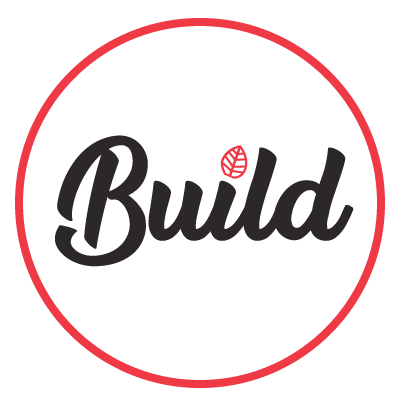National Commissions Reforms
Affected Items & Short Rationale
C/B 28 “Reform National Commissions, Committees, and Working Groups”
This Bylaws amendment would standardize National Commissions and establish much-needed transparency and accountability requirements.
Resolution 86 “Prioritize National Working Groups”
This resolution is complementary to C/B 28 and helps structure National Working Groups so their focus is on coordinating work between chapters on a similar topic or theme.
Why Is Build Endorsing National Commissions Reforms?
Members run the National Commissions, not the NPC or staff.
For certain National Commissions, the NPC appoints the entire commission. This is an overreach of the NPC’s use of power, and means that members don’t get a say in who gets appointed or why. By opening membership up to all members and having elected leadership, members are in charge of who gets elected, not the NPC or certain factions within the NPC.
National Commissions will adhere to basic accountability practices such as publishing minutes and having an established charter that delineates each National Commission’s work and how often they will meet. These practices set a clear and reasonable standard so that members can hold their elected leaders accountable.
Expand our capacity to coordinate across chapters and get more organizing work done.
Appointed National Committees of a few people can only help local chapters so much, especially if they’re supposed to be directing the work of locals. By opening up the National Commissions to members, we can also help each other directly, coordinate between chapters, and get much more organizing work done.
Especially in established campaigns like Medicare-for-All, local chapters would be better supported by a national structure that allows for direct collaboration between locals and a democratically-elected leadership. By focusing on a one-size-fits-all model, individual chapters have to figure out on their own how Medicare-for-All organizing fits into their local context.
Local chapters are already doing a ton of organizing work outside the current scope of the current National Committees (even in contexts like Medicare-for-All), but aren’t getting National support for doing so. This change to the National Commission setup is a simple way for members and chapters to help support each other without overstretching National resources.
Frequently Asked Questions
Concern: Might we end up with too many National Working Groups if we streamline the process for creating them?
Answer: How many is too many? Each National Working Group would need certain internal communications to function, but because they are all member-run, they would only run for as long as members hold an interest in a specific topic, and would only require the organizing capacity of those members who want to work on that particular issue.
Concern: What happens to important national priorities like Medicare-for-All?
Answer: National Working Groups will definitely help national priority projects such as Medicare-for-All. The Medicare-for-All Commission will be elected by members who elect to be in the Medicare-for-All Working Group, and the new Commission and its members will still work on Medicare-for-All with the goal of coordinating work between chapters and helping build local Medicare-for-All campaigns.
Concern: Without clear, top-down direction on actual organizing work that the National Working Group is doing, how will Working Groups make progress?
Answer: The governing board of a national commission is still elected and still helps decide on which work to prioritize. Further, by adding accountability measures such as publishing minutes, we can better ensure that work is actually getting done within a commission.
